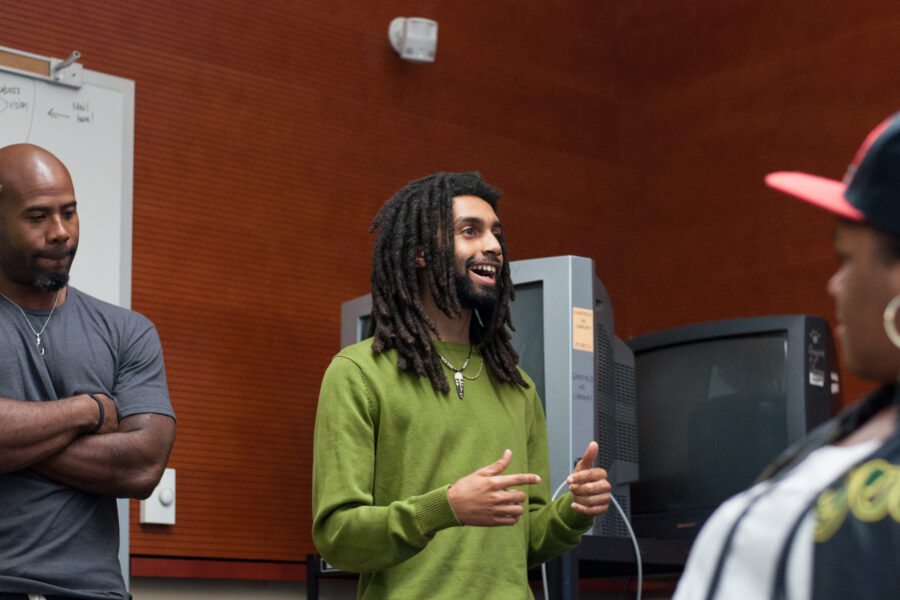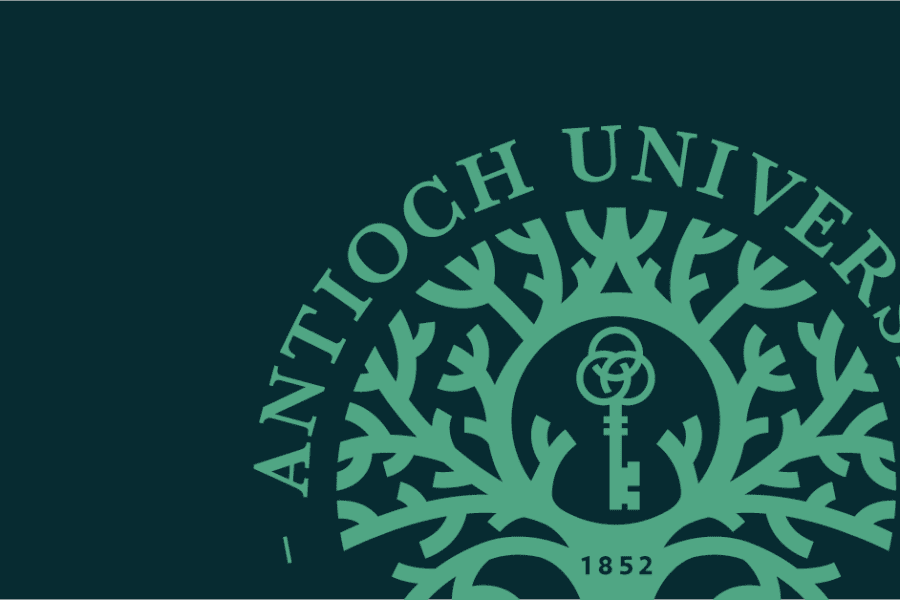As you know, among the most pressing and existential issues that we as a planet face is climate change. So yesterday, on Earth Day, it was a relief to see the leaders of dozens of countries announcing ambitious new greenhouse gas reduction goals and other climate initiatives. I’m especially grateful to see that the United States is again one of the leaders in the international effort to lower carbon emissions and prevent the worst consequences of runaway global warming.
In his remarks yesterday, President Biden said, “The signs are unmistakable, the science is undeniable and the cost of inaction keeps mounting.” He’s right. And I’m happy to say that President Biden’s proposed remedies are finally starting to match the scale of the problems we face. His aim of reducing U.S. greenhouse emissions by over 50% by 2030, is a big step forward. At the same time, I believe we need to be even more aggressive in setting an example for other countries and trailblazing in renewable energy technology. I’m glad that President Biden announced a plan to double the amount of funding the U.S. gives to other countries to help them adapt to the ravages of climate change—though $5.7 billion a year is almost surely not ambitious enough. The U.S. has played a massively disproportionate role in creating the climate crisis compared to the size of our population. It is right, therefore, that our nation should be an enthusiastic leader in both preventing the worst climate outcomes and in supporting other, poorer countries as they grapple with its effects. Today’s announcements are a good first step in both of those directions—hopefully the first of many.
Unfortunately, simply saying it does not make it so. In another speech today, climate activist Greta Thunberg had a strident message to our world’s leaders. “You still have time to do the right thing and to save your legacies,” she said, “but that window of time is not going to last for long.” Unfortunately, the science suggests that Thunberg is right; we need to begin taking major actions as soon as possible. New, clean energy infrastructure will need to be built. It will create much needed high-paying jobs, and it will ensure that our children and grandchildren inherit a sustainable planet. Among other things, President Biden’s $2 Trillion proposed infrastructure bill, known as the American Jobs Plan, seeks to modernize electric power generation to ensure that it is 100 percent carbon free by 2035. We strongly urge the U.S. Congress to pass the legislation to ensure that we meet these targets. Every month of inaction is another step towards climate apocalypse. We must demand that our elected legislators collaborate with the Biden administration in solving this problem.
As a University, we have committed to do our part as well, first by divesting from fossil fuel companies and second by reducing our own carbon footprint as a University. Our endowment and long-term cash investments have been about 98.5% free of Carbon Underground (CU200) companies for several years. While this is a remarkably good position within higher education generally, Antioch University is in the process of closing the gap on the remaining 1.5% no later than June 30. In fact, I expect to make that announcement of being 100% fossil fuel free at the June 5, Board of Governors meeting.
Reducing our own carbon footprint as a University requires that we be proactive in reducing the size of our buildings or leased space over the next 5 years, improving the efficiency of our utilization of those campus buildings and upgrading our HVAC and lighting systems in those buildings as systems are replaced. We can also make an impact by reducing our business-related travel by as much as 70%. While travel is an inherent part of operating a geographically distributed university, we’ve learned through the pandemic that there is much more we can do by video conferencing than had been done before, including Board of Governor meetings. That practice will continue for most administrative and board level meetings.
We Antiochians must all be part of these efforts. As students and teachers, as activists, as engaged citizens, and as leaders, I thank each of you for the work you’ve done already, and I encourage you to continue your efforts, buoyed by today’s rays of hope. I’d particularly like to give a shout-out to our Environmental Studies faculty and students who have led fiercely in advocating for change here at the University, in our communities and nationally. Partnering variously with the U.S. EPA and NOAA over the years, AUNE faculty, staff and students have developed and hosted semi-annual national conferences on climate preparedness and local solutions. This year’s conference included a keynote panel discussion yesterday led by Running-Grass, a faculty member in the Urban Environmental Education Graduate Program at Antioch University Seattle, and Abigail Abrash Walton, a faculty member in Antioch University’s Environmental Studies programs in New England. Both of these faculty members have had remarkable careers in environmental leadership, environmental justice and the study of climate change which you can read more about here.
I’d also like to congratulate Dr. Abrash Walton for her recent appointment to the prestigious Advisory Board of the Columbia Center on Sustainable Investment, a joint center of the Columbia Law School and the Earth Institute of Columbia University. This is a remarkable honor and achievement. We are very proud of Dr. Abrash Walton and all of our urban sustainability, environmental education and environmental studies faculty, students and staff for the work they are doing in this important space. Thank you for the example you set and the leadership you provide.




